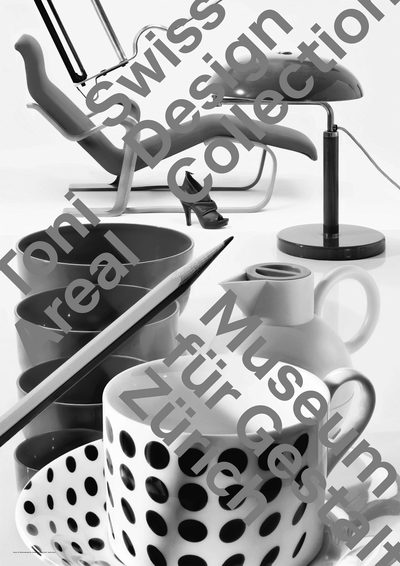Camera Work in Trading Zones
An Epistemological Journey at the Interface of Art and Ethnography
Artistic and ethnographic work intersect where the camera is no longer merely an instrument of research or a visual medium. At this intersection, photographic or cinematic images themselves become the sensory bearers of latent knowledge. A shared field of Art and Ethnography opens up in this border zone. Its potential — for explorations, experiments and reflections — has far from been exhausted.
Between 2018 and 2020, a lecture series at Zurich University of the Arts (ZHdK) further investigated these relationships. The resulting contributions (by artists, filmmakers, visual anthropologists, and theorists) where gathered in the publication «Camera Work in Trading Zones». It brings together essays, interviews, and image-based work that illumine the audio-visual practices of camera-related work while transcending generic conventions: What is the documentary value of fiction? How do video installations circumvent linear narrations and forms of representation? Is there a difference between aesthetic and scientific knowledge?
Although the authors have diverse disciplinary backgrounds, their contributions emphasize that the camera, as an apparatus, questions the material process of visual perception and enables conversations between author, subject, object, and viewer. The contributions as such take into account all levels of camera-based work: recording, post-production, and presentation. Thus, Camera Work in Trading Zones invites new approaches of theoretical and practical interest to artists, researchers, filmmakers, and ethnographers and establishes a basis on which these related fields enable inventive experiences.











